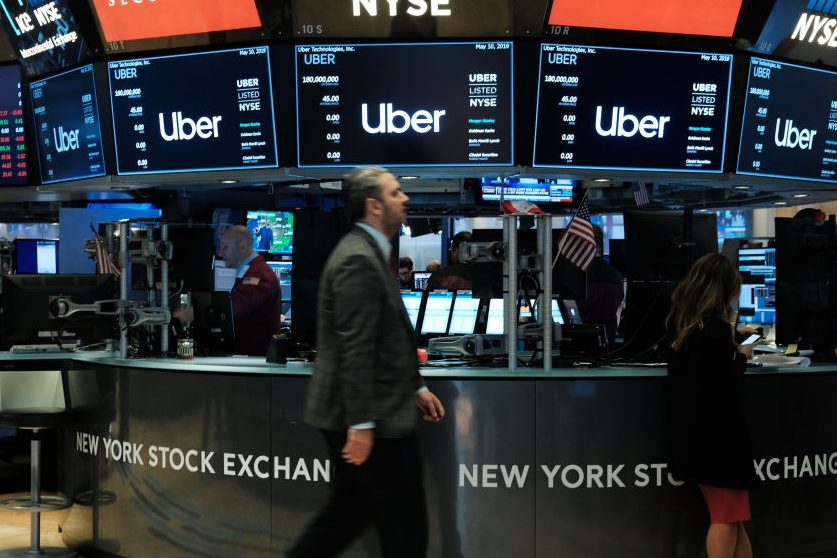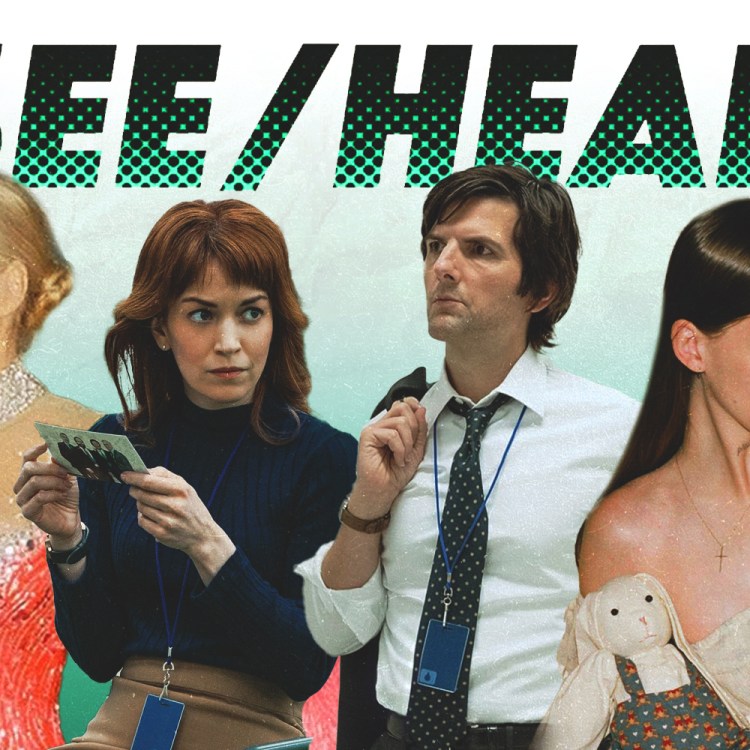After pricing its shares at $45 in advance of its IPO, Uber began trading on the New York Stock Exchange Friday at $42 per share.
With its last valuation in the region of $75 billion, Uber settled on an $82.4 billion valuation for its IPO (180 million shares at $45/share), an amount which puts the ridesharing giant on par with Alibaba and Facebook as one of the most valuable tech IPOs in history.
The decreased share price likely has to do with market uncertainty over an escalating trade war between the U.S. and China as well as potential concerns about rival service Lyft, which has declined in price since being offered on the Nasdaq on March 29 with a $72 IPO price.
Despite a year of losses, Uber has been comparing itself to Amazon, which also was not profitable at its IPO.
“It’s a fair comparison at the wrong time,” Uber CEO Dara Khosrowshahi told CNBC. “So a lot of private companies now are holding off much longer before they go public. We are much bigger, much more mature as a company as we go public, and if you do look at the growth rates, our audience is growing 33% on a year on year basis, transactions are growing 36%. I’m here to stay. I’m here to build a big company. That compensation term is not about a single day, it’s about what value you create over 10 years, and over 10 years, absolutely I expect to get there.”
Other big-ticket IPOs which are expected to take place in the next few months, such as Pinterest, Slack and Airbnb, are likely paying close attention to what happens with Uber and will adjust accordingly.
Editor’s Note: RealClearLife, a news and lifestyle publisher, is now a part of InsideHook. Together, we’ll be covering current events, pop culture, sports, travel, health and the world.
Thanks for reading InsideHook. Sign up for our daily newsletter and be in the know.


















